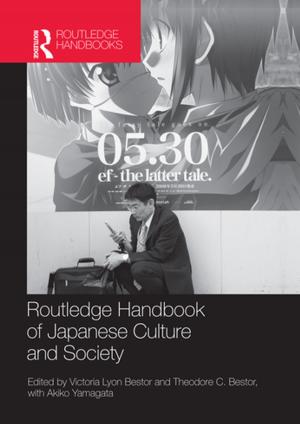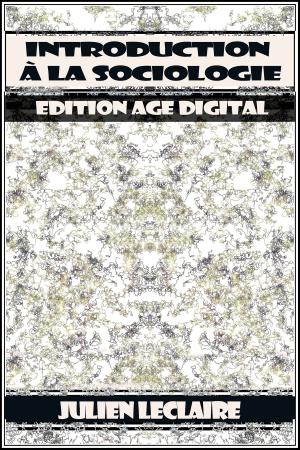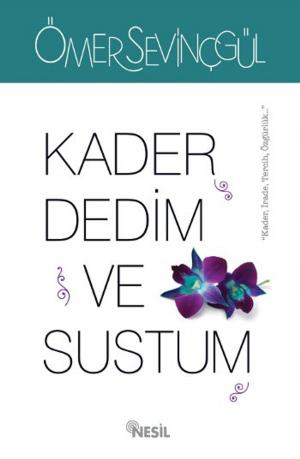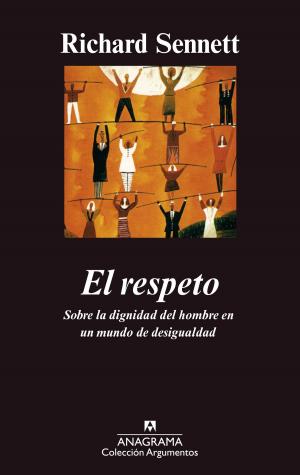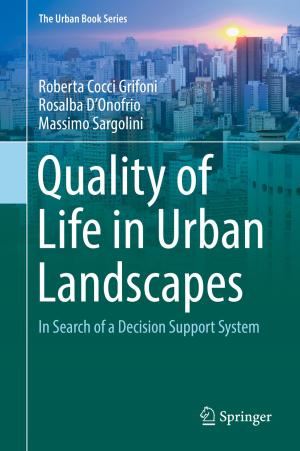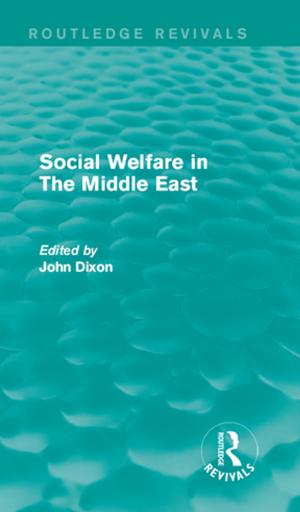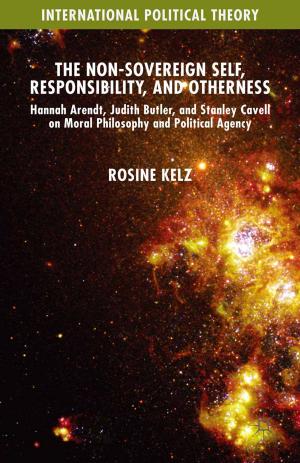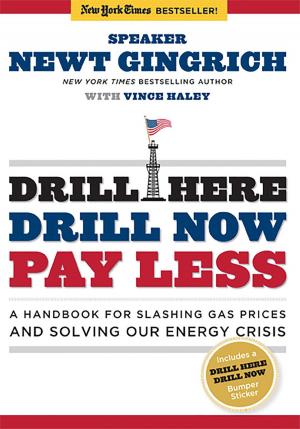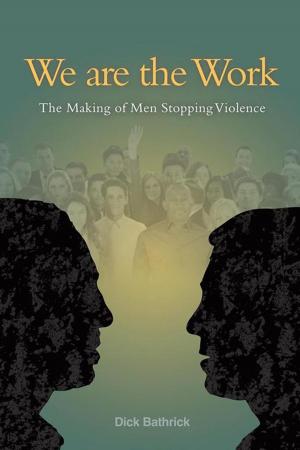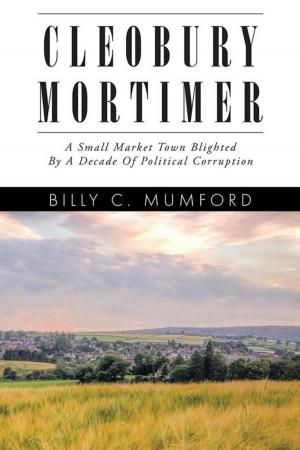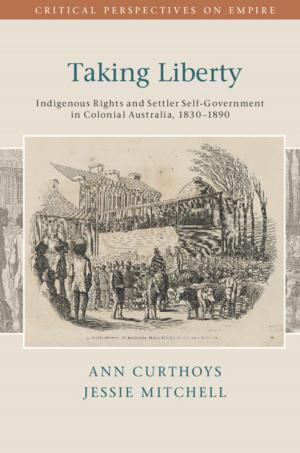Actor Being: A Role in Mankind
Nonfiction, Entertainment, Performing Arts, Theatre, History & Criticism, Social & Cultural Studies, Social Science| Author: | Tiago Lameiras | ISBN: | 9781311767073 |
| Publisher: | Tiago Lameiras | Publication: | March 27, 2016 |
| Imprint: | Smashwords Edition | Language: | English |
| Author: | Tiago Lameiras |
| ISBN: | 9781311767073 |
| Publisher: | Tiago Lameiras |
| Publication: | March 27, 2016 |
| Imprint: | Smashwords Edition |
| Language: | English |
Actor Being | A Role in Mankind is an essay on Theater Arts, but not quite stricto sensu, as it may sound firsthand. Though related to the actor, who is now all the more renowned as a «performer», in detriment of a «player», the goal here is to figure out the Thespian artist’s place and influence in Human race itself.
Starting at the cradle of Western civilization, in Ancient Greece, where Modern knowledge has its basis set, we take the actor across a timeline of events, movements and contexts, from where he (as only men could play) is seen as an individual of extreme public life importance, not only because of his ability to speak, read and write like not so many others could, but also because of his relevance in Politics.
Through the course of the Dark and Middle Ages, when Christianity takes over Europe and the Near East, profanity is associated to Theater Arts by the clergy, therefore excommunicating all forms of stage artistry, though they became so popular among the people, that the Church considered for a few moments taking Theater inside its walls, staging, for instance, liturgical dramas. Nonetheless, because of all the foulness the peasants expected from players, there was no choice but to kick them out again.
Regardless of the period in time, the truth is actors were generally acclaimed by the general public as folk of the utmost interest, many dreaming about a career in the field, such as those who got a chance to work with the creator of the kind of drama still in practice up to this day, William Shakespeare.
How does all this popularity meddle with society, and how does it shape the course of civilization, in order to keep it together, working as one, single force, toward peace and agreement or even disagreement, though intellectual only and, henceforth, peaceful? Also, what influence is there among actors themselves and how do they behave around each other and in the industries they are a part of? That is what this essay looks to explain, pointing out both virtues and flaws of being an actor.
Actor Being | A Role in Mankind is an essay on Theater Arts, but not quite stricto sensu, as it may sound firsthand. Though related to the actor, who is now all the more renowned as a «performer», in detriment of a «player», the goal here is to figure out the Thespian artist’s place and influence in Human race itself.
Starting at the cradle of Western civilization, in Ancient Greece, where Modern knowledge has its basis set, we take the actor across a timeline of events, movements and contexts, from where he (as only men could play) is seen as an individual of extreme public life importance, not only because of his ability to speak, read and write like not so many others could, but also because of his relevance in Politics.
Through the course of the Dark and Middle Ages, when Christianity takes over Europe and the Near East, profanity is associated to Theater Arts by the clergy, therefore excommunicating all forms of stage artistry, though they became so popular among the people, that the Church considered for a few moments taking Theater inside its walls, staging, for instance, liturgical dramas. Nonetheless, because of all the foulness the peasants expected from players, there was no choice but to kick them out again.
Regardless of the period in time, the truth is actors were generally acclaimed by the general public as folk of the utmost interest, many dreaming about a career in the field, such as those who got a chance to work with the creator of the kind of drama still in practice up to this day, William Shakespeare.
How does all this popularity meddle with society, and how does it shape the course of civilization, in order to keep it together, working as one, single force, toward peace and agreement or even disagreement, though intellectual only and, henceforth, peaceful? Also, what influence is there among actors themselves and how do they behave around each other and in the industries they are a part of? That is what this essay looks to explain, pointing out both virtues and flaws of being an actor.

